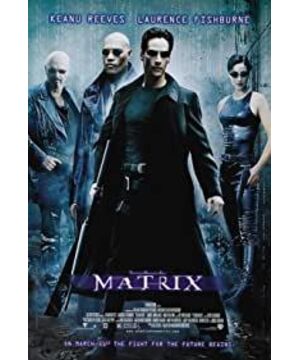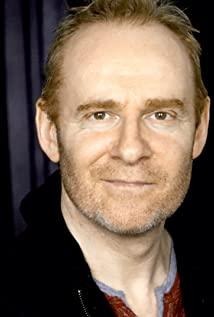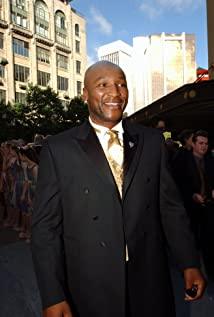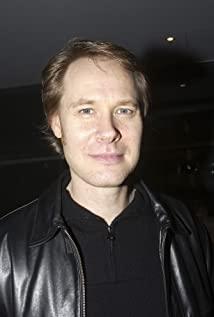The first time I came into contact with the universe view described in specific words was the boy told me. That was a few years before the "else incident". One day, he first told me that there are many universes, but he didn't say whether it was a relationship containing one or a parallel relationship. Then, he said that outside our universe... there is a world of colors, with all kinds of colors...what kind of universe...and...I can't remember now anyway. After this experience, I seemed to feel that the world had become different, and I was dubious about what he said. One is that I vaguely felt that no one in the world could falsify a boy's words, and the other is that the boy's words widened the boundaries of my thinking and filled some vacuum areas. These two points are very important. Now, associating this boy's programming with his multiverse theory and computer simulation concepts plus his later disappearance, who is he?
After that, until the summer vacation when I graduated from elementary school, I might not have paid much attention to this kind of thing. But that summer vacation, I started watching "Sci-Fi World". In my teenage years, the cover of "Sci-Fi World" magazine alone may have an impact on my mind. I was surprised, "How come there are paintings of these things in the world?" Not to mention the content, which is constantly in my mind. Make the impossible possible. So I know that I have been exposed to the basic setting of the film or this way of thinking very early. I can even remember that there was a story with a completely similar setting in a certain issue, but it said that people did not realize that their world was simulated. It was very difficult to drive a spaceship to encounter some strange physical phenomena. Strangely, it is actually the outer creator who changed the simulation boundary indiscriminately in order to prevent it from discovering the fact of the simulation.
In this film, people are real people who are used as batteries for machines, but the rest of the world is simulated, so there is the possibility of resistance (but in the second or third part, even Zion is virtual). But this is not important. We are probably most concerned about "Is our life world real?"
This is like some torture raised by Bishop Berkeley, Hume and others. What is the relationship between the external world and our understanding? Is the connection we depend on for a living reliable? How do we verify it? How big is the gap between our sensed world and the objective real world that we assume in general ways of thinking? Why do you think there is an objective real world? A more interesting question is, assuming that there is indeed an external objective real world, what kind of distortions have we made in order to make the world understandable and understandable in our own place? Some people say that some of our basic cognitive logic may only be formed in the long-term evolutionary process (such as the concept of time), which is fundamentally false; transcendental philosophy (such as Kant's) will hold some different views, saying It is unknown and a priori that people build the basis of sensory results into an experience. The Japanese wrote a novella "Drunk Step Man" which is very interesting on similar issues. It focuses on the concept of time.
We usually hold some stubborn beliefs when constructing our own experience system, such as "material (general) immortality". When water turns into ice, we say that it is actually a different form of the same thing. This experience, whether in terms of common sense or modern physics, also contains beliefs that are beyond the reach of the senses, for example, it seems to be localized. It's not that we can't think that the water molecules are gone all of a sudden, and that a certain first impulse has been squeezed in all of a sudden. There may be many indirect reasons for the single-photon-emitting element that makes us physically believe that it does only emit one photon at a time, but it can also be considered that it emits more, but our current physics is too wrong to explain and technically. It cannot be detected, so the experimental test of Bell's inequality is also unreliable. But this way of thinking cannot help us increase our understanding of the world based on existing data, nor can we engage in physics.
These cross-examinations have a long history in the Western philosophical tradition-consciousness is in a small box, and outside the box is the outside world. How can reliable communication between the two be achieved? Husserl's phenomenology seeks other methods to seek truth, which I am not quite clear about.
We don’t really need to go to the end of the world at the moment. When we realize that there may be such a world view, we may have deep doubts about what we see and what we hear. In the abyss between the two mountains, one side is our reason, and the other side is the truth. The scary thing is that maybe being a human being is just living on the top of a mountain here, unable to surpass oneself, and died in the past. So, "What should I do after Nora leaves?"
I am completely powerless rationally about the series of questions mentioned above and the setting of the film. It seems that some people have said about the issues raised by Berkeley, Hume and others. It is a shame that we are completely powerless to argue with some torture. When I was a teenager, I once thought that I was lucky enough to be aware of the existence of such problems and to know that some strange worldviews that no one could falsify were a little higher in thought than some people. I am getting older, but I find that it is a pity that the so-called "a little bit higher" can only be said to be a little bit expanded, not deepened at all. I don't know if deepening means some solutions. But now, I can feel these thoughts moving away from me, and I'm more and more like a layman who is trapped in the red. I think maybe the solution to this kind of problem is something I don’t see, so what I care about is that I still care a little bit about this kind of problem, as if I only care about it, and the more I care about it—this is nothing but A vain consolation.
Now God has a different interpretation. There are the gods of Spinoza, the gods of general theism, some life forms that ordinary people have advanced to, and some engineers who are creators of the simulated world. This last kind is another endless creation. sequence.
It's a pity that the disappearance mentioned earlier is my nonsense.
View more about The Matrix reviews











